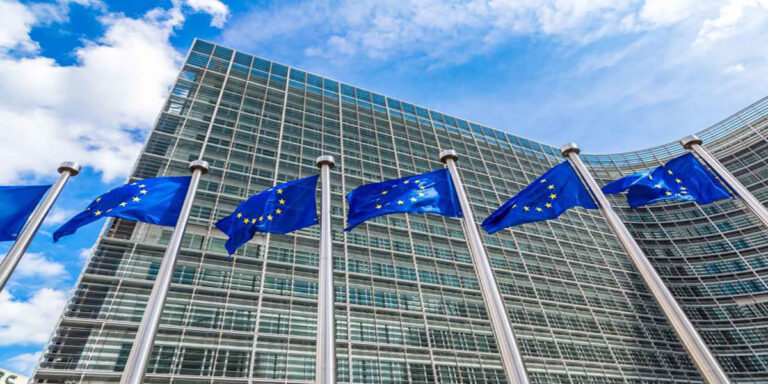In Monclova, Mexico, the persistent sale of e-cigarettes in convenience stores starkly contrasts with national efforts to curb these devices. This issue not only challenges enforcement capabilities but also exposes gaps in the regulatory framework intended to combat the vaping epidemic.
Background of E-Cigarette Bans
Mexico’s government implemented stringent bans on e-cigarettes in 2020 and again in 2022, targeting their importation and distribution to tackle associated public health risks. Despite these efforts, the continued availability of e-cigarettes in retail settings indicates a significant enforcement shortfall.
Public Health Concerns
E-cigarettes are implicated in numerous health issues, including respiratory and cardiovascular diseases, and their continued sale undermines public health initiatives aimed at reducing vaping-related ailments. Authorities stress the importance of eliminating access to these addictive products to protect community health.
Challenges in Enforcement
Visible sales of e-cigarettes, with prices starting at 150 pesos, suggest that local enforcement may be ineffective or ignored. This undermines the effectiveness of national health policies and raises concerns about the commitment of local enforcement agencies.
Policy Implications
The ongoing availability of e-cigarettes despite formal bans calls for a reevaluation of enforcement strategies within Mexico’s public health framework. Enhancing enforcement could involve stricter penalties, increased surveillance, and expanded public education on the dangers of vaping.
Conclusion
The situation in Monclova serves as a critical example of the broader challenges Mexico faces in enforcing health regulations against vaping. Strengthening enforcement mechanisms is essential to ensure that health policies are not only established but also faithfully executed to safeguard public health.


















